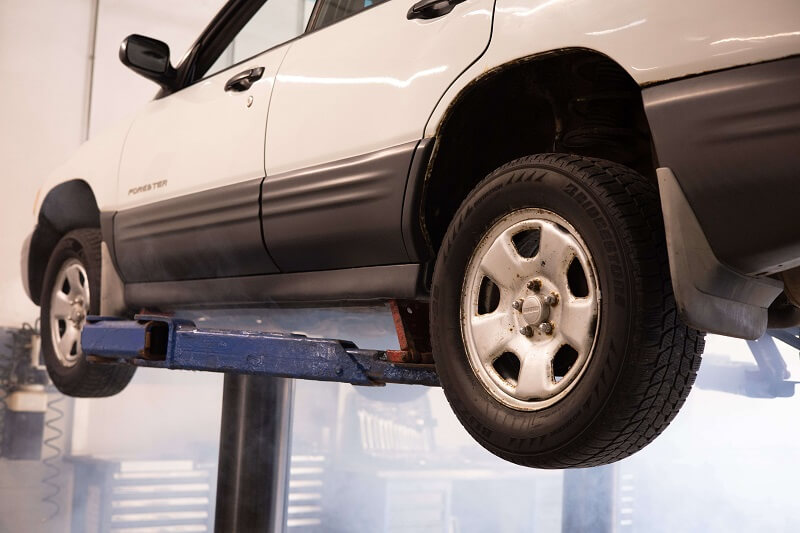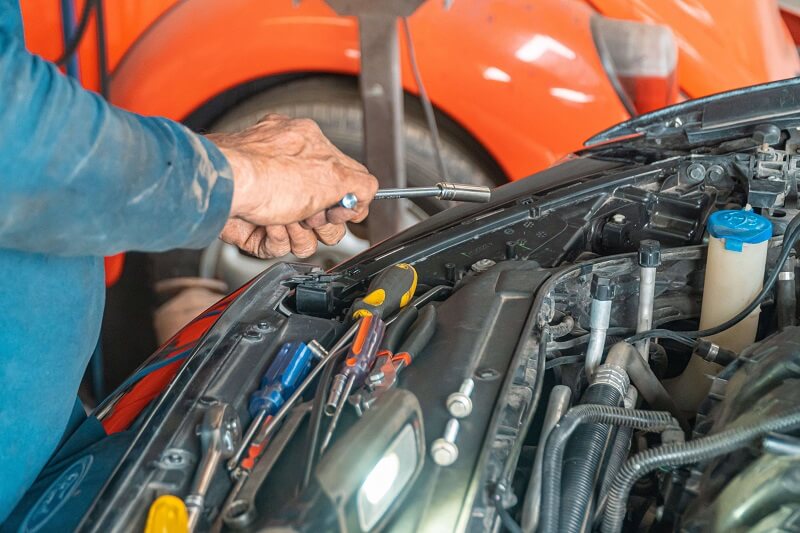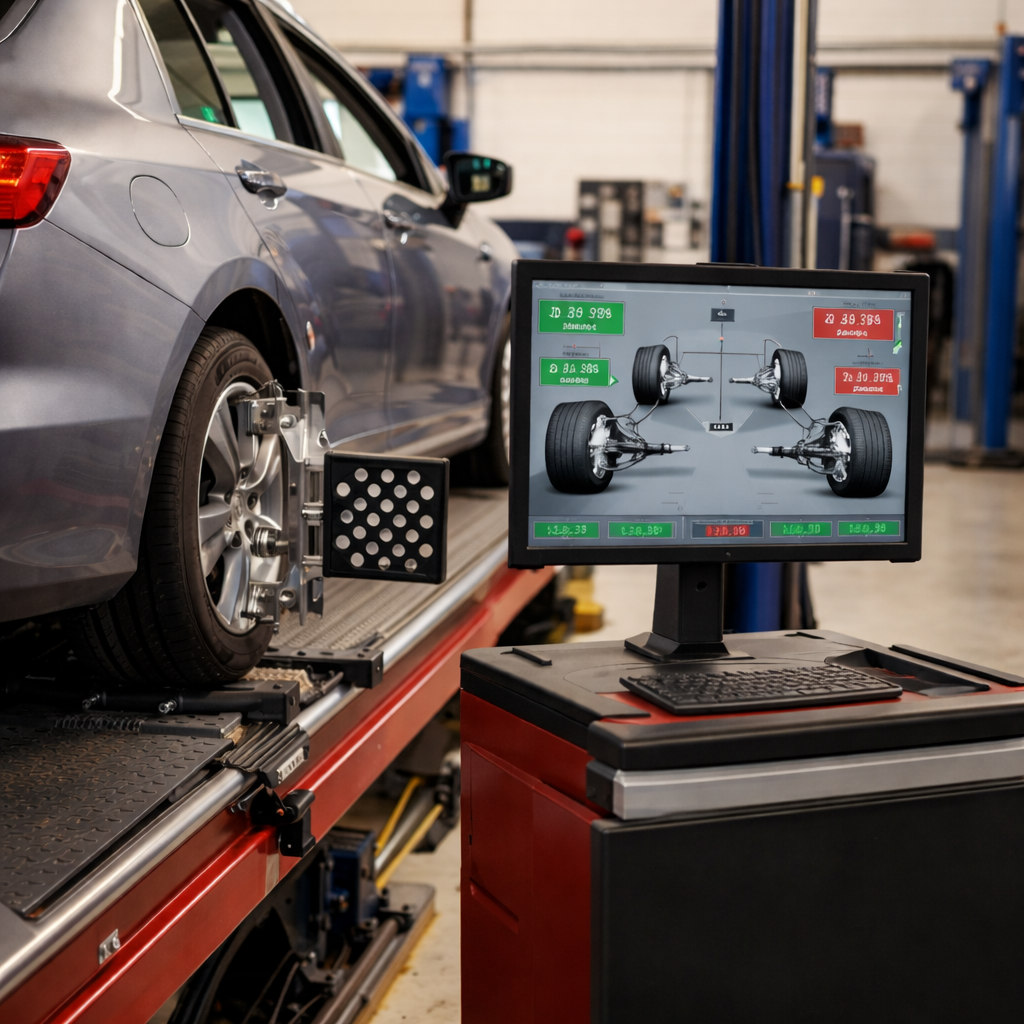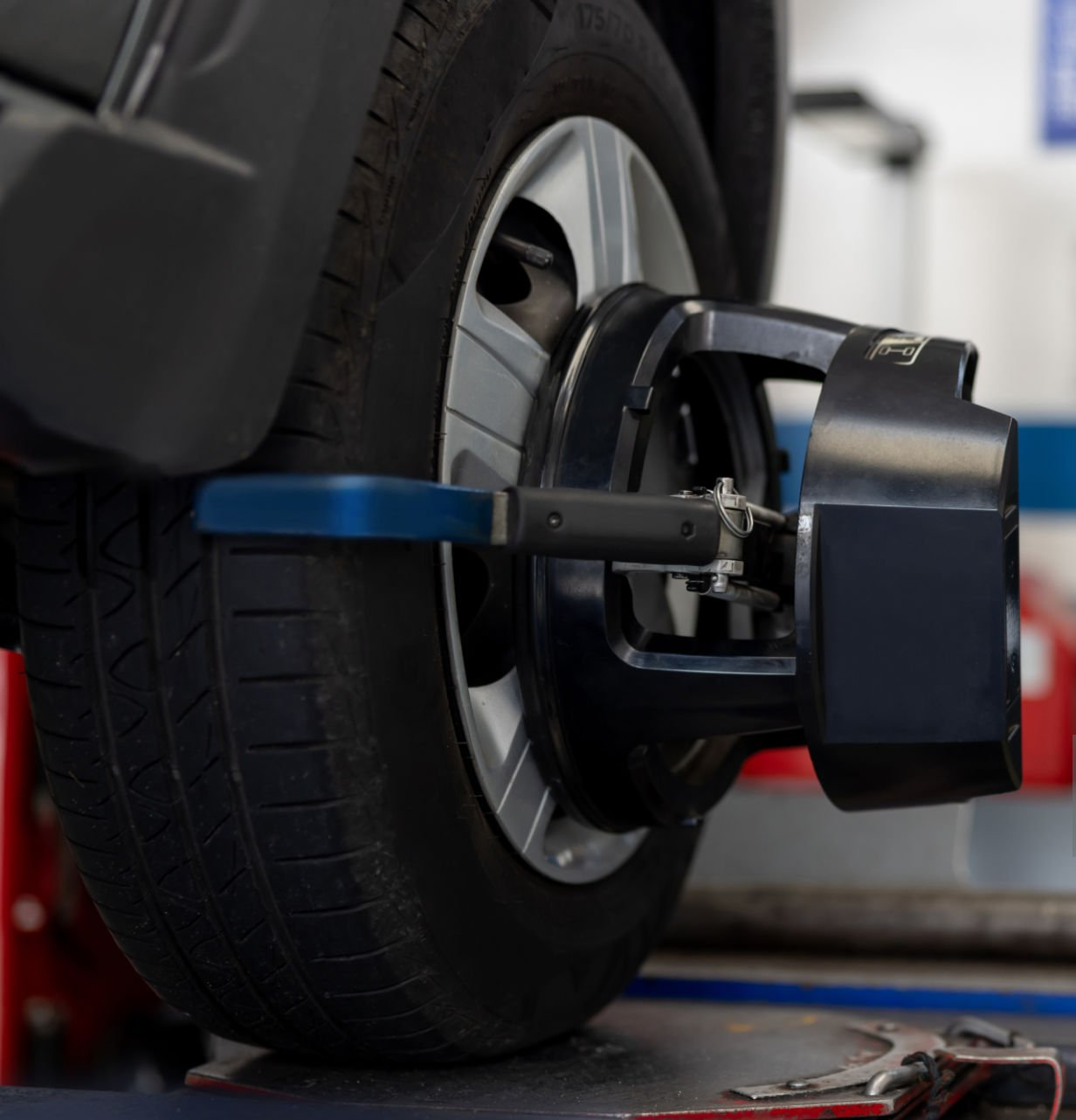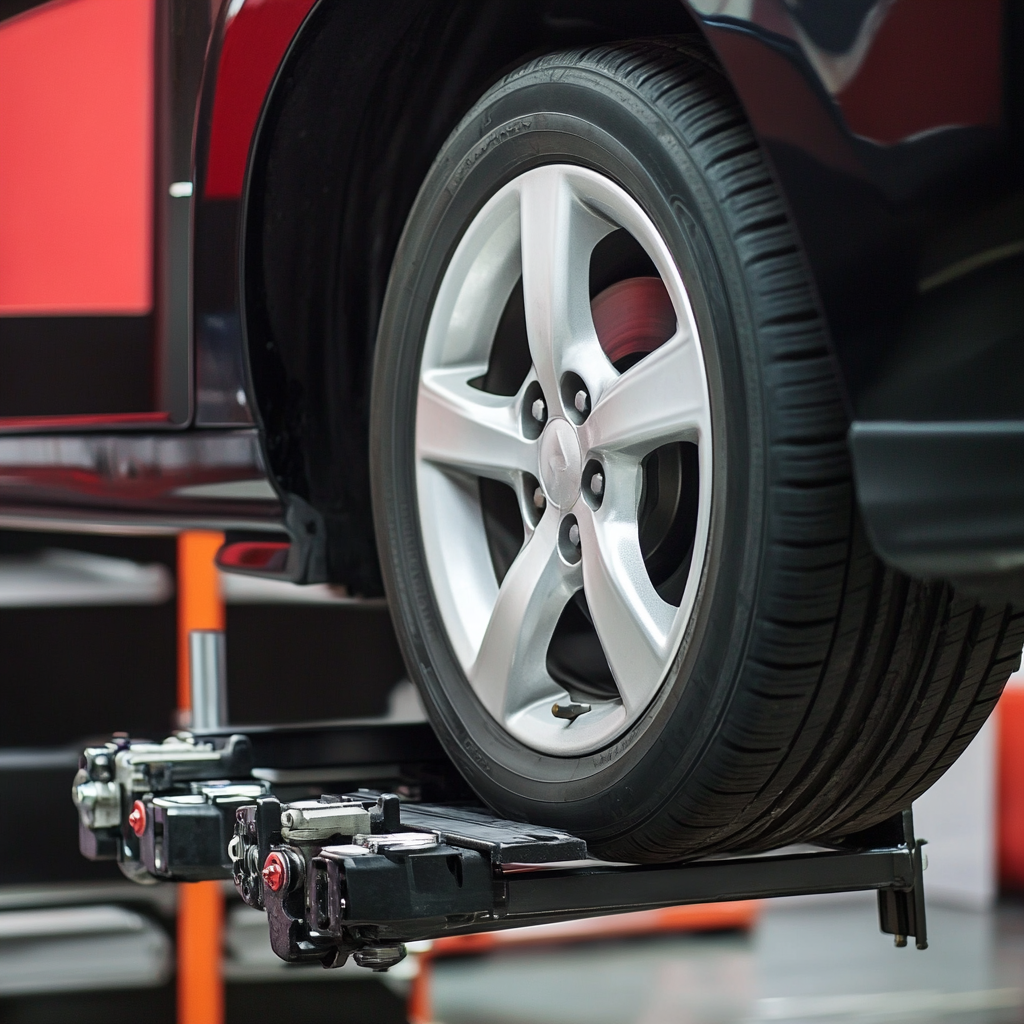Understanding the basics of auto repair can be an empowering process, especially when seeking quality Philadelphia, PA auto repair services. It can help you troubleshoot minor issues, maintain your vehicle optimally, and communicate more effectively with your mechanic. Whether you own a vintage model or the latest car on the market, some fundamental principles stay the same and aren’t as complicated as they seem. With this guide, you’ll learn easy tips and techniques that will equip you with the basic knowledge of auto repair. Penned by experts from the Philadelphia, PA auto repair industry, our objective is to make auto repair more accessible and less daunting for everyone. Get ready to dive into the world of auto mechanics!
Grasping Basic Car Terminology
Every field has its language, and auto repair is no exception. Understanding basic car terminology can significantly improve your confidence when dealing with repairs. Start with the fundamentals—learn about the engine, transmission, chassis, brake system, and suspension. Understand what terms like horsepower, torque, MPG, and RPM mean. Familiarize yourself with common phrases used in repair instructions, such as ‘bleeding the brakes,’ ‘changing the oil,’ or ‘rotating the tires.’ You don’t need to become a mechanic, but mastering basic terminology will make repair guidelines less intimidating, improve communication with your mechanic, and deepen your overall understanding of your vehicle. If you’re ever unsure, reputable Philadelphia, PA auto repair shops are available to clarify and assist.
How often should I check my vehicle’s fluid levels?
It’s recommended to check your vehicle’s fluid levels—such as engine oil, brake fluid, and coolant—at least once a month. Regular checks help ensure that your car runs smoothly, reduces the chances of mechanical issues, and prevents overheating or brake failure. Staying on top of fluid levels can also extend the lifespan of key engine components, saving you from costly repairs. If you’re unsure how to perform these checks, your local Philadelphia, PA auto repair shop can help guide you.
Understanding Common Car Problems
One of the foundational steps in learning basic car maintenance is understanding how to identify common automotive issues. Becoming familiar with frequent problems, such as flat tires, dead batteries, engine overheating, brake malfunctions, oil leaks, or a faulty starter, can help you act quickly and prevent further damage.
Pay close attention to the warning signs: strange noises, fluid drips beneath your vehicle, dashboard warning lights, or sudden changes in how your car drives. For example, squealing sounds when braking often point to worn brake pads, while blue exhaust smoke could signal an oil leak.
By recognizing these symptoms early, you’ll be better equipped to assess whether it’s a quick fix you can handle or time to seek help from seasoned professionals at an auto repair Philadelphia shop. Prompt attention to these signs can save you from more expensive and complicated repairs down the road.
What are the most common warning signs of car trouble?
Common warning signs include unusual noises like squealing or grinding, dashboard warning lights, leaks under the car, or noticeable changes in handling or performance. Addressing these signs early can prevent more serious damage from occurring, potentially saving you money on major repairs. For a thorough inspection and accurate diagnosis, consider visiting a Philadelphia, PA auto repair professional to get to the root of the issue.
DIY Maintenance Tips for Your Vehicle
Implementing simple do-it-yourself maintenance tips can save costly visits to the vehicle repair shop and extend your vehicle’s lifespan. Regularly check and keep up fluid levels, including engine oil, brake fluid, and coolant. Keep tire pressure at the manufacturer’s recommended level and rotate your tires regularly for even wear. Replace worn-out windshield wipers and change air filters when needed. Additionally, do routine checks on your vehicle’s lights, brakes, and battery. Refer to your vehicle’s owner’s manual for specific maintenance schedules and instructions. By adopting these DIY tips, you can prevent minor issues from becoming major problems. However, consider visiting a trusted Philadelphia, PA auto repair shop for more complex issues to ensure your vehicle is in top shape.
Can I handle basic auto repairs myself, or should I always consult a mechanic?
Many basic auto repairs and maintenance tasks—such as checking fluids, replacing air filters, or changing wiper blades—can be done by most car owners with the right tools and knowledge. However, more complex issues like brake repairs, transmission problems, or electrical diagnostics should be left to a certified Philadelphia, PA auto repair technician. Consulting a professional for complicated repairs.
Learning to Identify Troublesome Car Noises
Car noises are often the first hint something might be wrong. Being able to identify these could save you a lot of trouble. For instance, a high-pitched squeal when you brake often indicates worn-out brake pads, while a grinding noise could mean several problems, from worn brakes to a failing bearing. A knocking sound from your engine is usually a sign of faulty engine bearings. Sharp clicking noises while turning denote a defective CV joint. While these are general guidelines, there could be multiple reasons behind every noise. If in doubt, always consult with a professional. However, identifying critical sounds can be crucial in early problem detection. Reputable Philadelphia, PA auto repair professionals can help pinpoint and resolve these issues swiftly.
Fundamentals of Auto Repair: Final Thoughts
Grasping the basics of auto repair involves:
- Understanding car terminology.
- Identifying common problems.
- Implementing DIY maintenance tips.
- Recognizing troublesome car noises.
But the most crucial tip is always to have a curious and open mind. Everyone starts as a beginner, so be reassured if it initially seems overwhelming. Over time, with patience and practice, these basics will become instinctual. Always remember, safety comes first—if you are uncertain about a problem or repair, consult a professional. Mastering these fundamentals will give you a sense of accomplishment, save money, and make you a more knowledgeable car owner.
Embarking on a journey to learn auto repair basics can be rewarding and empowering. It makes you a more informed vehicle owner, helps you communicate effectively with mechanics, and even allows you to handle minor problems yourself. Armed with these tips, you’re on your way to understanding the intricacies of auto maintenance and repair. Remember, when the problem seems too complex, Philadelphia, PA auto repair professionals at Schafer’s Auto Center are ready and eager to assist. Contact us today and let us support your journey in mastering auto repair basics and beyond.
